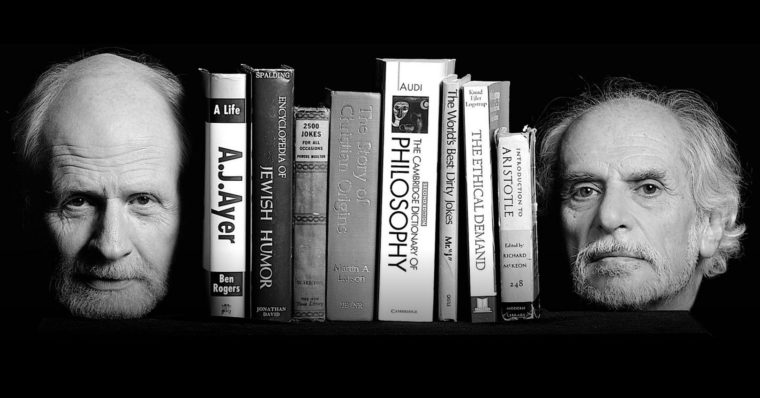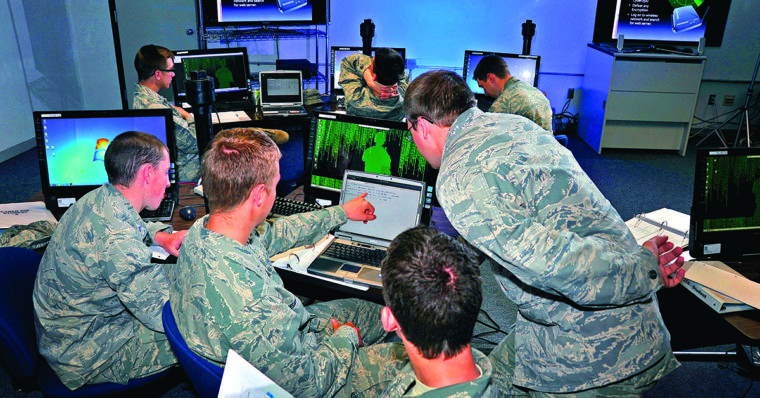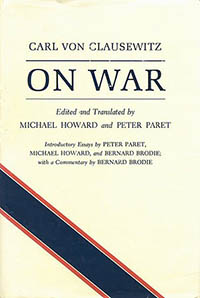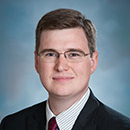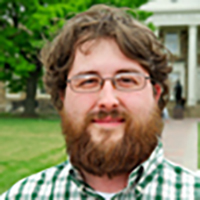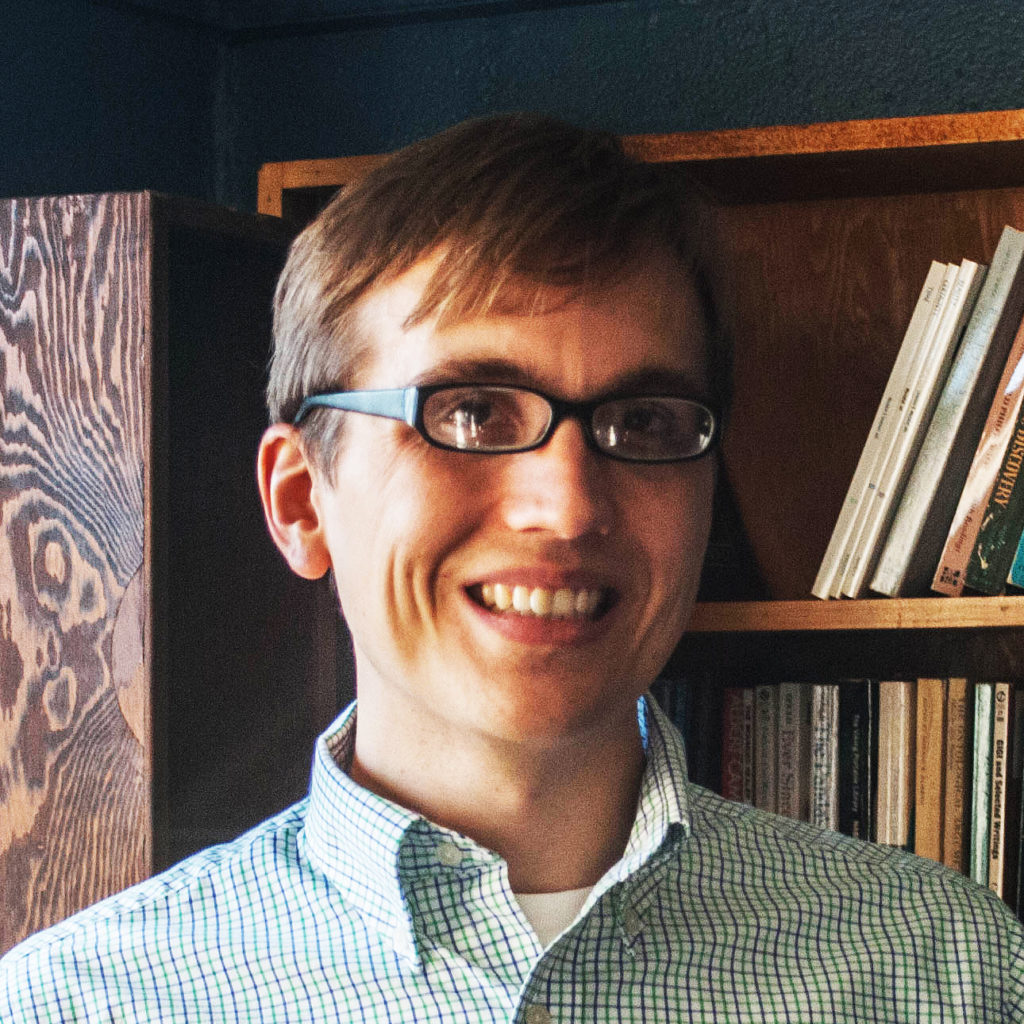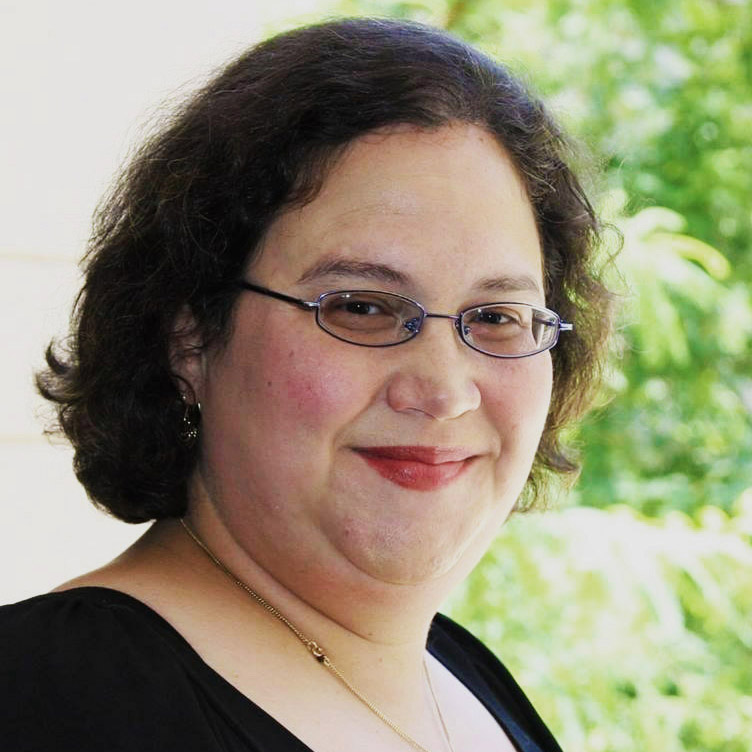In this seventeenth episode of the Philosophy Bakes Bread radio show and podcast, co-hosts Dr. Anthony Cashio and Dr. Eric Thomas Weber interview the New York Times Best-selling authors of Plato and a Platypus Walk into a Bar, Tom Cathcart and Daniel Klein.
Danny Klein has written comedy for Lily Tomlin, Flip Wilson, and others, and published scores of fiction and non-fiction books—from thrillers to entertaining philosophical books, such as his London Times bestseller, Travels with Epicurus, and his most recent book, Every Time I Find the Meaning of Life They Change It.
Tom studied theology and managed health care organizations before linking up with Danny to write Plato and a Platypus, Aristotle and an Aardvark, and the Heidegger and a Hippo books. Tom is also the author of The Trolley Problem, or Would You Throw the Fat Guy Off the Bridge? an entertaining philosophical look at a tricky ethical conundrum.
Listen for our “You Tell Me!” questions and for some jokes in one of our concluding segments, called “Philosophunnies.” Reach out to us on Facebook @PhilosophyBakesBread and on Twitter @PhilosophyBB; email us at philosophybakesbread@gmail.com; or call and record a voicemail that we play on the show, at 859.257.1849. Philosophy Bakes Bread is a production of the Society of Philosophers in America (SOPHIA). Check us out online at PhilosophyBakesBread.com and check out SOPHIA at PhilosophersInAmerica.com.
(1 hr 10 mins)
Click here for a list of all the episodes of Philosophy Bakes Bread.



Subscribe to the podcast!
We’re on iTunes and Google Play, and we’ve got a regular RSS feed too!
Notes
- Epicurus and Epicurean Philosophy on the Web.
- Samuel Beckett, Waiting for Godot (New York: Grove Press, 1954).
You Tell Me!
For our future “You Tell Me!” segments, Tom and Danny proposed the following question in this episode, for which we invite your feedback: “Why are there things that are, rather than nothing?” What do you think?
Let us know! Twitter, Facebook, Email, or by commenting here below!


